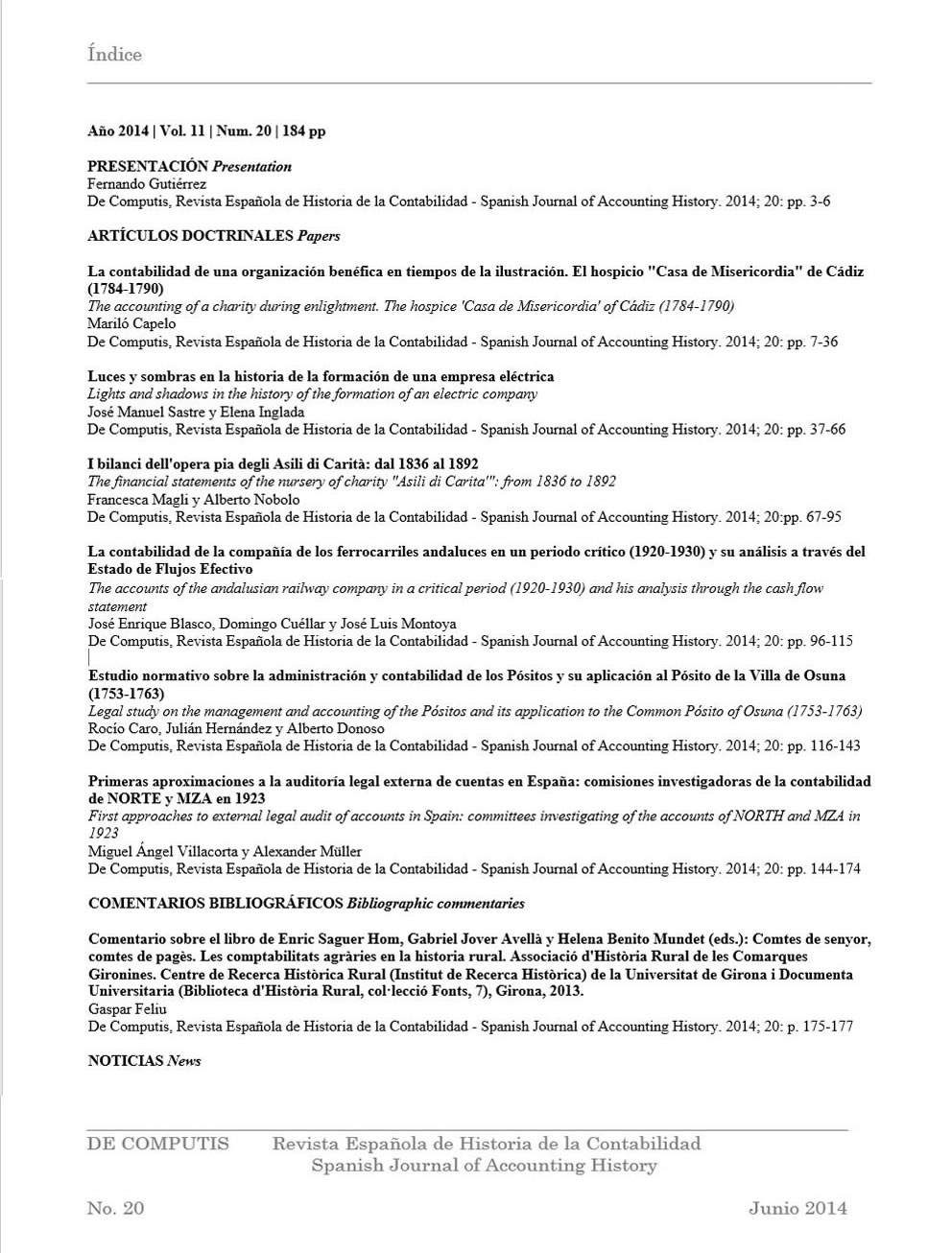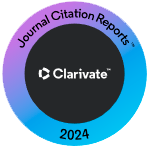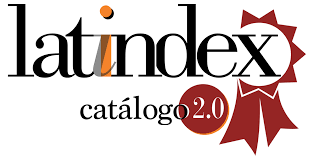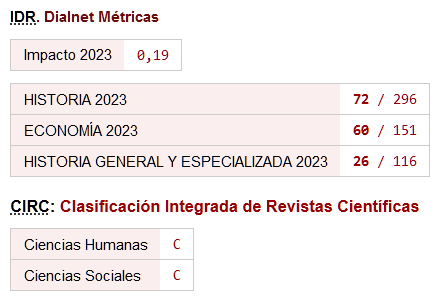The accounting of a charity during enlightment. The hospice 'Casa de Misericordia' of Cádiz (1784-1790)
DOI:
https://doi.org/10.26784/issn.1886-1881.v11i20.46Keywords:
Accounting history, 18th century, Spain, Public charity, HospicesAbstract
Traditionally, accounting historians have hardly shown interest in organizations performing functions of social protection. In particular, until now, the studies carried out lack an in-depth approximation to the accounting systems developed by public charities, which would take into account their use for management. In Spain, specifically, accounting history research about charities has mainly focused on hospitals. However, in the 18th century, hospices stood out as emblematic institutions of public social activity organized according to the Enlightenment thinking of the epoch in this country. The aim of this paper is to describe the accounting system developed in a hospice set up in Cádiz in the late 18th century, its roles throughout time, as well as to show how accounting could influence and/or be influenced by the social environment. For that purpose, the records preserved in the General Archive of the Diputación Provincial of Cádiz have been consulted, mainly the minutes book of the hospice’s board where the annual reports and other types of accounting information provided to the board are kept. Also, the royal regulations of the hospice have been considered. At the same time, the paper could contribute to a better knowledge about how Spanish accounting thought reawakened in the 18th century, through a study of an organization based in one of the most cosmopolitan and commercial cities of the time. The evidence obtained illustrates how accounting was originally applied to the rendering of accounts, developing throughout time new possibilities with respect to management. Accounting and commercial background of the board members, together with previous knowledge about unitary cost and the financial problems of the institution catalyzed this later development. Nevertheless, accounting was not a neutral technique, reflecting the social structure of the time and probably reinforcing it. In this sense, the paper shows the accountant’s consciousness about the social potential of accounting, refraining from applying accounting tools in the management of the hospice’s most ambitious social mission.
Downloads
References
Álvarez-Dardet, C., López, J.D. y Baños, J. (2006), "Accounting at the boundaries of the sacred: the regulation of the Spanish brotherhoods in the eighteenth century", Accounting History, 11(2), 129-150. https://doi.org/10.1177/1032373206063110
Burchell, S., Clubb, C., Hopwood, A., Hughes, J., & Nahapiet, J. (1980) "The roles of accounting in organizations and society", Accounting, Organizations and Society, 5(1), 5-27. https://doi.org/10.1016/0361-3682(80)90017-3
Baker, M. y Collins, M. (2005) "Audit and control in the non-for-profit sector: an endowed charity case 1739- 1853", Accounting and Business Research, 35(2), 111-128. https://doi.org/10.1080/00014788.2005.9729668
Booth, P. (1993) "Accounting in Churches: A research framework and agenda", Accounting, Auditing & Accountability Journal, 6(4), 37-67.
https://doi.org/10.1108/09513579310045684
Boyns, T. y Edwards, J.R. (1997) "British cost accounting theory and practice, c.1850-c.1950; resolved and unresolved issues", Business and Economic History, 26(2), 452-462.
Carasa, P. (1987) Pauperismo y revolución burguesa (Burgos, 1750-1900), Secretariado de publicaciones de la Universidad de Valladolid: Valladolid.
Castel, R. (1997) La metamorfosis de la cuestión social. Una crónica del salariado, Paidós: Buenos AiresBarcelona-México.
Cordery, C. (2006) "Hallowed treasures: sacred, secular and the Wesleyan Methodists in New Zealand, 1819- 1840", Accounting History, 11(2), 199-220. https://doi.org/10.1177/1032373206063114
Dey, C. (2007) "Social accounting at Traidcraft plc: A struggle for the meaning of fair trade", Accounting, Auditing & Accountability Journal, 20(3), 423-445. https://doi.org/10.1108/09513570710748571
Edwards, J.R. y Chandler, R. (2001) "Contextualizing the process of accounting regulation: a study of nineteenth century British friendly societies", Abacus, 37(2), 188-216. https://doi.org/10.1111/1467-6281.00083
Ezzamel, M. (2002) "Accounting for private estates and the household in the twentieth-century BC Middle Kingdom, Ancient Egypt", Abacus, 38(2), 235-262. https://doi.org/10.1111/1467-6281.00107
Garzón, P. y Donoso, R. (2001) "El hospital de Santa María de Plasencia: características del método contable utilizado (1789-1839)", Comunicación presentada al XI Congreso de AECA, Madrid.
Helguera, J. (1980) "Asistencia social y enseñanza industrial en el siglo XVIII: El Hospicio y las Escuelasfábricas de Alcaraz, 1774-1782", Investigaciones históricas: Época moderna y contemporánea, 2, 71-106.
Hernández, J.J. (2008) "El Hospital de Santa Marta de Sevilla: gestión económica y contable (siglo XV a XVIII)", XIII encuentro ASEPUC, Albacete.
Hernández-Esteve, E. (1996) "Problemática general de una historia de la contabilidad en España. Revisión genérica de las modernas corrientes epistemológicas y metodológicas, y cuestiones específicas", en En torno a la elaboración de una historia de la contabilidad en España, Comisión de Historia de la Contabilidad de AECA: Madrid.
Hernández-Esteve, E. (2009) "Renacimiento del pensamiento contable español en el siglo XVIII", en AECA (Eds): VI Encuentro de trabajo sobre Historia de la Contabilidad. Ponencias y comunicaciones.
Holden, A., Funnell, W. y Oldroyd, D. (2009) "Accounting and the moral economy of illness in Victorian England: the Newcastle Infirmary", Accounting, Auditing & Accountability Journal, 22(4), 525-552. https://doi.org/10.1108/09513570910955434
Hopwood, A. G. (1985) "The tale of a committee that never reported: Disagreements on intertwining accounting with the social", Accounting, Organizations and Society, 10(3), 361-377. https://doi.org/10.1016/0361-3682(85)90025-X
Irvine, H. (2002) "The legitimizing power of financial statements in the Salvation Army in England, 1865- 1892", Accounting Historians Journal, 29(1), 1-36. https://doi.org/10.2308/0148-4184.29.1.1
Jackson, W. J. (2012) "'The collector will call': controlling philanthropy through the annual reports of the Royal Infirmary of Edinburgh, 1837-1856", Accounting History Review, 22(1), 47-72. https://doi.org/10.1080/21552851.2012.653132
Jones, M.J. y Mellett, H.J. (2007) "Determinants of changes in accounting practices:Accounting and the UK Health Service", Critical Perspectives on Accounting, 18, 91-121. https://doi.org/10.1016/j.cpa.2005.05.003
Lacombe-Saboly, M. (1997) "Hospital accounts and accounting systems: a study in the French region of Toulouse from the seventeenth to the 19th century", Accounting, Business and Financial History, 7(3), 259-80. https://doi.org/10.1080/095852097330630
Laughlin, R. (1988) "Accounting in its social context. An analysis of the accounting systems of the Church of England", Accounting, Auditing & Accountability Journal, 1(2), 19-42. https://doi.org/10.1108/EUM0000000004622
López, F. (2005) "Las raíces históricas del tercer sector", La economía Social en España, Fundación ONCE.
López, M. del M. y Pérez, R. (2007) "El sistema de información contable del hospital San Julián de Albacete entre 1838 y 1859", De Computis, 6, 55-117. https://doi.org/10.26784/issn.1886-1881.v4i6.281
Maza, E. (1987) Pobreza y asistencia social en España, Siglos XVI al XX, Secretariado de publicaciones de la Universidad de Valladolid: Valladolid.
Morgado, A. (1989) Iglesia y Sociedad en el Cádiz del siglo XVIII, Servicio de Publicaciones de la Universidad de Cádiz: Cádiz.
Morgado, A. (1991) "La reforma de la beneficencia en el Cádiz del siglo XVIII: el hospicio (1785-1808)", Trocadero, 3, 5-23. https://doi.org/10.25267/Trocadero.1991.3.01
Oakes, L.S. y Young, J.J. (2008) "Accountability re-examined:evidence from Hull House", Accounting, Auditing & Accountability Journal, 21(6), 765-790. https://doi.org/10.1108/09513570810893245
Robson, N. (2006) "The road to uniformity: accounting change in UK voluntary hospitals", Accounting and Business Research, 36(4), 271-288. https://doi.org/10.1080/00014788.2006.9730028
Salvador, M.D. y Ruiz, F.C. (2011) "El régimen administrativo y contable del hospital de Caridad de La Coruña en el siglo XVIII", De Computis, 14, 156-178. https://doi.org/10.26784/issn.1886-1881.v8i14.111
Sargiacomo, M. and Gomes, D. (2011) "Accounting and accountability in local government:contributions from accounting history research", Accounting History, 16(3), 253-290. https://doi.org/10.1177/1032373211407043
Servalli, S. (2013) "The interface of power and charity in the government of poor: A case from the Italian context in the sixteenth-seventeenth centuries", Accounting, Auditing & Accountability Journal, 26(8), 1.306-1.341. https://doi.org/10.1108/AAAJ-05-2013-1360
Swanson, G.A. y Gardner, J.C, (1988) "Non-for-profit accounting and auditing in the early eighteenth century: some archival evidence", The Acconting Review, LXIII(3), 436-447.
Townsend, J. (1988), Viaje por España en la época de Carlos III (1786-87), Ediciones Turner: Madrid.
Walker, S.P. (1998) "How to secure your husband's esteem. Accounting and private patriarchy in the British middle class household during the nineteenth century", Accounting, Organizations and Society, 23(5/6), 485-514. https://doi.org/10.1016/S0361-3682(97)00025-1
Walker, S.P. (2004) "Expense, social and moral control. Accounting and the administration of the old poor law in England and Wales", Journal of Accounting and Public Policy, 23, 85-127. https://doi.org/10.1016/j.jaccpubpol.2004.02.001
Walker, S.P. (2008) "Accounting, paper shadows and the stigmatised poor", Accounting, Organizations and Society, 33, 453-487. https://doi.org/10.1016/j.aos.2007.02.006
Downloads
Published
How to Cite
Issue
Section
License

This work is licensed under a Creative Commons Attribution-NonCommercial-ShareAlike 4.0 International License.










